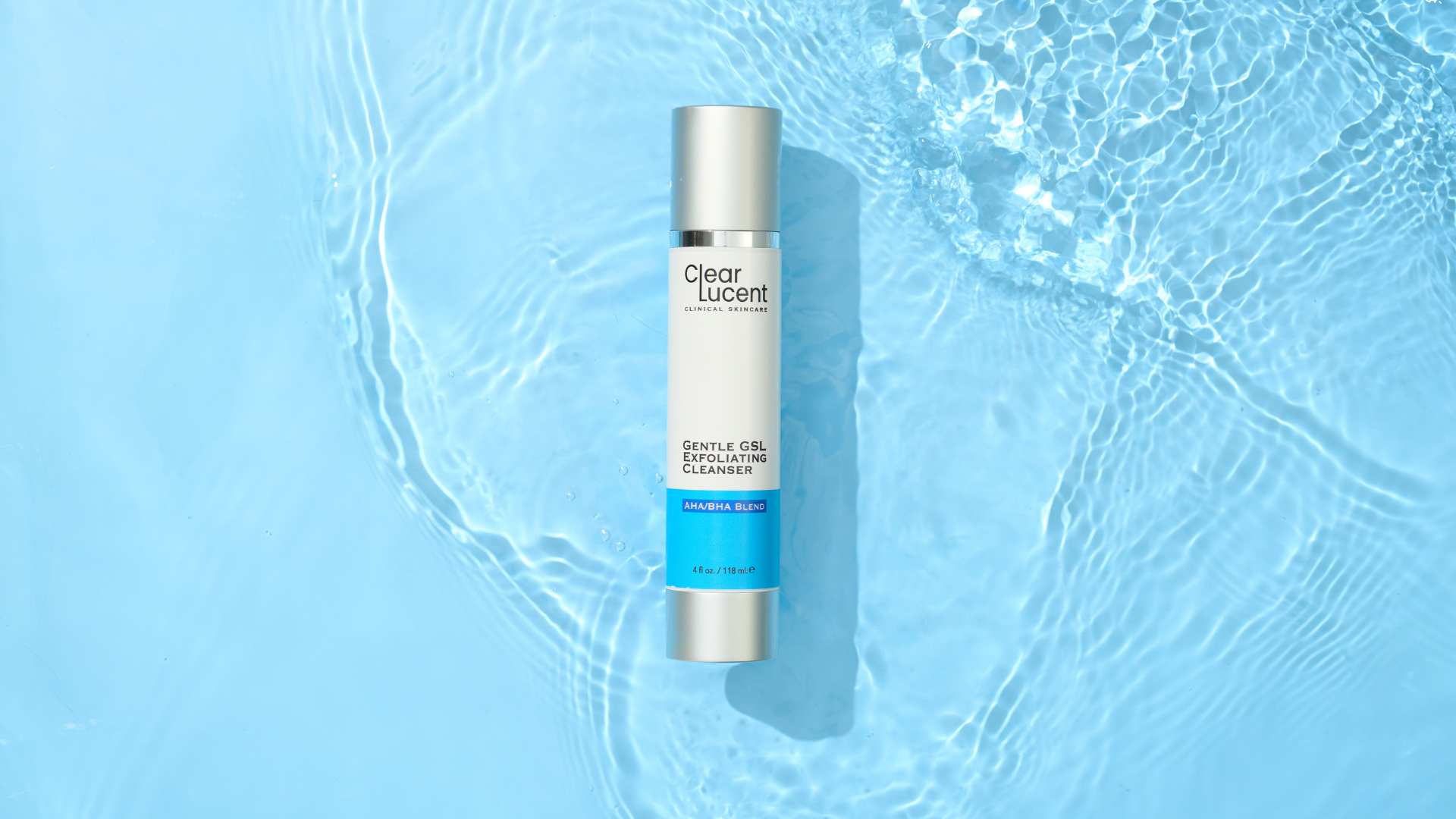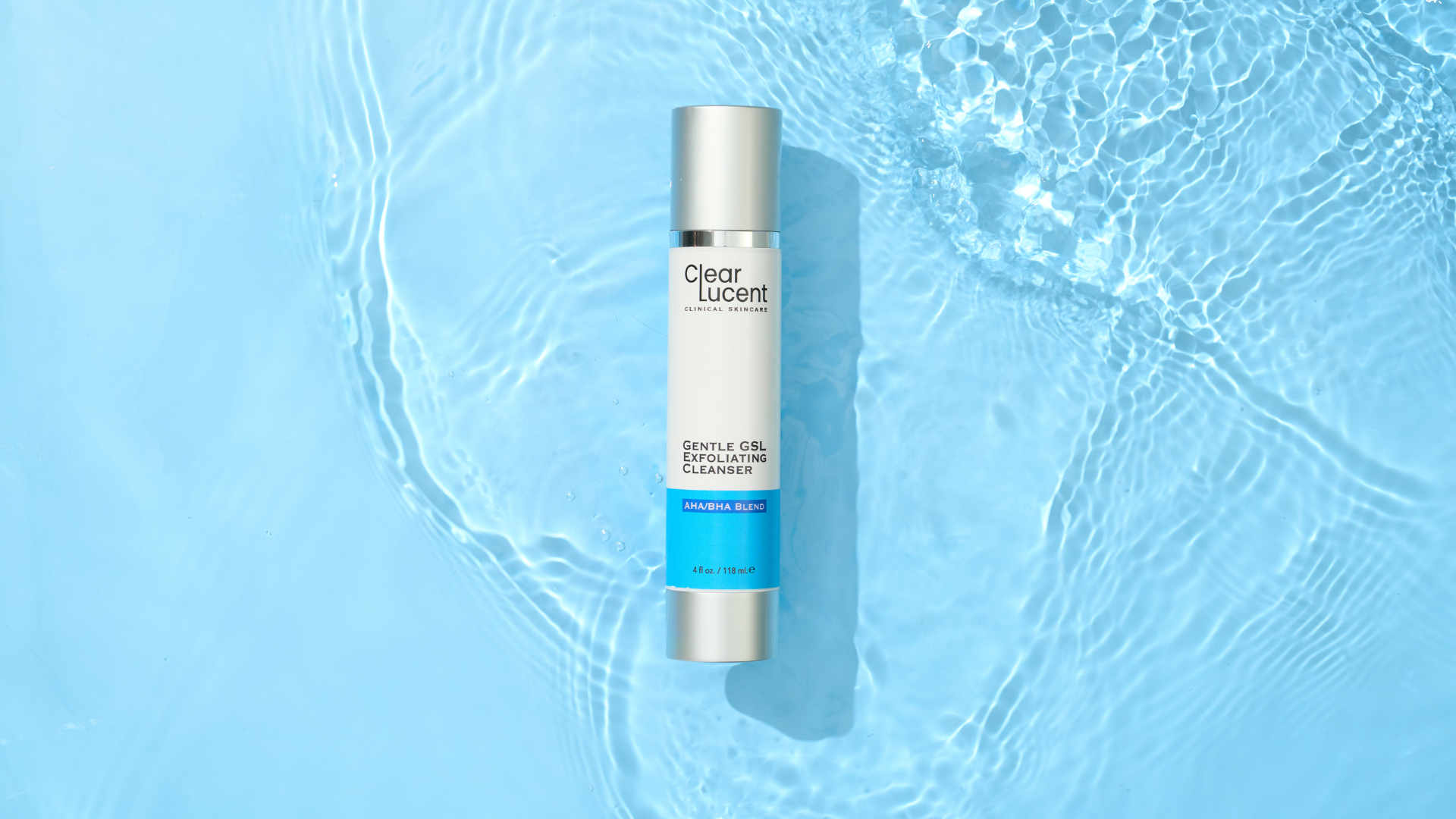
When it comes to skincare, the use of Bio-Degradable Cleansing Agents for Skincare: Decyl Glucoside, Coco-Glucoside, and Lauryl Glucoside is gaining momentum for all the right reasons. These surfactants, which break down naturally, offer a sustainable solution that benefits both your skin and the environment. Today, we'll delve into the significance of these surfactants in skincare and explore how they contribute to reducing pollution and promoting skin health. Let's uncover the key advantages of incorporating Bio-Degradable Cleansing Agents for Skincare: Decyl Glucoside, Coco-Glucoside, and Lauryl Glucoside into your daily skincare routine.
Benefits of Bio-Degradable Surfactants

Environmental Impact
Reduced Pollution
-
Biosurfactants exhibit lower toxicity compared to fossil-based surfactants.
-
They are often considered environmentally friendly due to natural resources, low ecotoxicity, and high biodegradability.
-
Biodegradable surfactants offer similar functionalities while minimizing environmental harm.
-
They have advantages such as biodegradability, reduced toxicity, and lower carbon footprint compared to non-biodegradable surfactants.
Eco-Friendly Ingredients
-
Biosurfactants are eco-friendly and have low toxic effects.
-
They do not release harmful fumes like chemical-based surfactants.
-
Considered environmentally beneficial, biosurfactants are preferred by eco-conscious consumers.
Skin Health
Gentle on Skin
-
Biodegradable surfactants are gentle on the skin due to their natural composition.
-
They provide effective cleansing without harshness or irritation.
-
Their mild nature makes them suitable for sensitive skin types.
Non-Toxic Properties
-
Biosurfactants have low toxicity levels, making them safe for daily use.
-
Unlike traditional surfactants, they do not contain harmful chemicals that can be absorbed by the skin.
-
The non-toxic properties of biosurfactants contribute to healthier skincare routines.
Versatility in Use
Suitable for Various Products
-
Biodegradable surfactants can be used in a wide range of skincare products.
-
From cleansers to moisturizers, their versatility enhances product formulations.
-
Their compatibility with different ingredients makes them a valuable addition to various cosmetic formulations.
Mild Formulations
-
Plant-based biosurfactants like saponins offer mild cleansing properties.
-
These gentle ingredients cleanse the skin without stripping its natural oils.
-
Mild surfactants ensure that skincare products maintain a balanced pH level for optimal skin health.
Bio-Degradable Cleansing Agents for Skincare: Decyl Glucoside, Coco-Glucoside, and Lauryl Glucoside

Decyl Glucoside is a gentle and biodegradable surfactant derived from plant-based fatty alcohols (coconut c8-16) and glucose. This natural composition makes it a popular choice in cosmetic products like shampoos and cleansers. Known for its ability to lather into a rich foam, Decyl Glucoside offers effective cleansing without harshness.
Decyl Glucoside
Source and Composition
-
Derived from plant-based fatty alcohols (coconut c8-16) and glucose.
-
Known for its ability to lather into a generous foam.
Benefits for Skin
-
Gentle on the skin due to its natural composition.
-
Provides effective cleansing without harshness or irritation.
-
Suitable for sensitive skin types.
Coco-Glucoside, another biodegradable surfactant, is commonly found in personal care products like shampoos, body washes, and liquid hand soaps. It is derived from coconut oil and fruit sugars, offering mild cleansing properties that benefit the skin.
Coco-Glucoside
Source and Composition
-
Derived from coconut oil and fruit sugars.
-
Offers mild cleansing properties.
Benefits for Skin
-
Gentle on the skin, making it suitable for daily use.
-
Cleanses effectively without stripping the skin's natural oils.
-
Maintains a balanced pH level for optimal skin health.
Lauryl Glucoside is known for creating an excellent and stable foam in hair care products. This surfactant aids in cleaning the hair without causing damage or dryness, making it a preferred ingredient in various hair care formulations.
Lauryl Glucoside
Source and Composition
-
Creates an excellent and stable foam.
-
Ideal for hair care products to maintain hair health.
Benefits for Skin
-
Cleanses the skin effectively without harshness.
-
Helps maintain the skin's natural balance.
-
Suitable for a wide range of skincare products.
Incorporating Decyl Glucoside, Coco-Glucoside, and Lauryl Glucoside into your skincare routine can provide gentle yet effective cleansing while promoting overall skin health. These biodegradable surfactants offer sustainable alternatives that benefit both your skin and the environment.
Future Trends in Bio-Degradable Surfactants
Innovations in Formulations
New Ingredients
-
The demand for sustainable products has led to innovations in bio-degradable surfactants, with companies exploring new ingredients to enhance their efficacy.
-
Manufacturers are incorporating renewable sources like plant-based extracts and natural oils into surfactant formulations to meet consumer preferences for eco-friendly solutions.
-
These new ingredients not only offer effective cleansing properties but also contribute to reducing the environmental impact of skincare products.
Improved Efficacy
-
Industry advancements have focused on improving the efficacy of bio-degradable surfactants, ensuring they deliver optimal performance without compromising on sustainability.
-
Through research and development, companies are enhancing the stability and functionality of these surfactants, making them more versatile for a wide range of skincare applications.
-
The improved efficacy of bio-degradable surfactants is driving their adoption across various industries, from cosmetics to household cleaning products.
Market Growth
Increasing Demand
-
Consumer awareness about the harmful effects of traditional surfactants on the environment has fueled a surge in demand for bio-based alternatives.
-
The shift towards eco-friendly and gentle cleaning solutions has prompted consumers to seek biodegradable surfactants that offer effective performance while being environmentally sustainable.
-
As more individuals prioritize sustainability in their purchasing decisions, the market for bio-degradable surfactants is expected to witness continued growth.
Industry Adoption
-
Companies are increasingly embracing bio-degradable surfactants as part of their commitment to corporate sustainability and regulatory compliance.
-
With stringent regulations governing chemical usage and a growing emphasis on environmental responsibility, industries are turning towards biodegradable biosurfactants as a viable solution.
-
The industry-wide adoption of bio-degradable surfactants reflects a collective effort towards promoting greener practices and meeting the evolving needs of conscious consumers.
-
The surging demand for eco-friendly and biodegradable surfactants in the skincare industry reflects a growing environmental consciousness among consumers, businesses, and regulators.
-
Sustainable alternatives like biosurfactants are gaining traction due to their biodegradability and minimal impact on ecosystems.
-
As the market for bio-degradable surfactants continues to expand, it signifies a collective effort towards promoting greener practices and meeting the evolving needs of conscious consumers.

